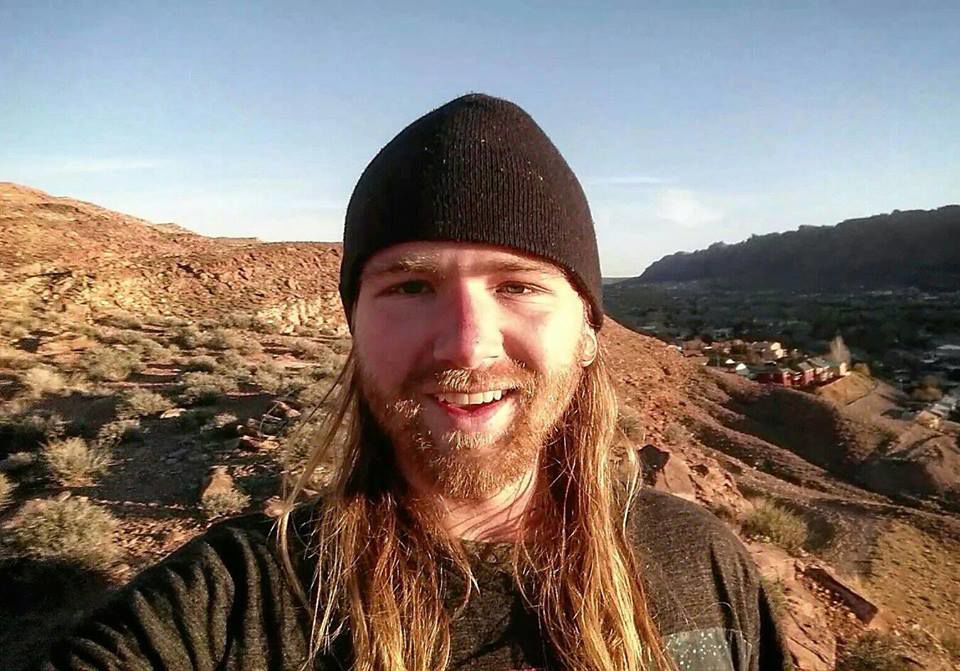Some information may be outdated.
I’m relatively new to Moab, but my favorite thing about the culture here is that it seems to value life more than money — despite the recent capitalistic trend.
I’ve seen the community generously come together to help those in hard times. As a small example, I came into town one time and was completely broke between jobs. Within an hour of asking for help on the local Facebook group, I’d been gifted dinner by two families.
In addition to the organic community support, there are a multitude of donation-based events, meetups and services. Dozens of nonprofits assist those in need.
There are also many who have lived here on minuscule budgets, or no budget at all in the case of Daniel Suelo, “the man who quit money.” Those who seek a simple life, rich in time but not in cash, are usually respected for their path.
During my time in Moab the last three years, my relationship with money might be the way I’ve changed most. In the first half of my twenties I worked as an engineer. Following a health scare and a subsequent reordering of priorities, I quit in 2014 to hike the Pacific Crest Trail; until then, my ex-wife and I had a combined income of nearly $150,000 per year. I grew up solidly with middle class privilege, and though funds were a bit tight in college, I never truly went without. Never in my life did I worry about going hungry or becoming homeless.
For nearly four years I didn’t work at all — I wanted to take the plunge into a totally different paradigm. I depleted my savings, cashed out my retirement plan, sold my most valuable belongings, and learned to stretch my money. Living in my car, my primary expense was food. At one point, I lived for three months on $100.
I was lucky to have a safety net of family and friends if things ever went seriously wrong. I had the opportunity to recalibrate my perceptions of necessity and luxury, to experience what it feels like to have too little, which gave me empathy for the poor and a new perspective of wealth.
It was uncomfortable at times, but I learned how to provide for myself, and $10,000 per year is now an abundant income from my perspective. Indeed, most people in the world survive on far less.
Recently, I learned that if you rank the income of everyone on Earth, the person in the exact middle makes about $2,920. That’s the global median annual income. The cost of living in other countries is lower, but that adjustment has already been factored into this number. That’s less than $250 per month. How would you make ends meet on that budget? What would you have to give up?
This is why so many people live on dirt floors. Why a family of five rides on one moped. Why rice and beans are diet staples in many places. And why millions still die from treatable diseases and starvation. Meanwhile, the richest 26 people hold the same amount of wealth as the poorest 3.8 billion. We have the means to end this suffering, and we choose not to.
An annual income of $34,000 might seem moderate to an American, but it puts you in the top 1 percent of global earners. It’s easy to forget our elite position in the eyes of most of the world. Of course, poverty exists here too, and life can still be hard, but on average we have a high capacity to reduce global suffering if we recognize our own excess.
It seems to me that if a stable, debt-free person can learn to use less money, it’s a win-win. Imagine if you found a way to be happy with half the income you have now. What kind of freedom would that give you?
If you’re chronically overworked, you could cut back on your hours. You could switch to a job you’ve always been passionate about, which doesn’t pay as well. If you love your high-paying career, you could save the extra money for traveling or retirement. You could give some of it away to people in need — locally, or globally, through sites like givedirectly.org or kiva.org.
I enjoy living frugally. I have a story behind nearly every item I possess, like my thrift-store speakers, my dumpster-rescued cookstove, my self-built bed. Items purchased new take on a new significance.
Frugality teaches us to get creative with our choices, to solve multiple problems at once.
I believe true quality of life comes from meaningful, loving relationships — not the hedonistic treadmill of wealth. Friends and family; quality time; having the freedom to explore your passions and develop yourself. A high income is not necessarily required for these endeavors.
Joe Omundson has walked thousands of miles, from Mexico to Canada, and has roamed everywhere in between.
“I enjoy living frugally.”
Appreciate the coverage? Help keep local news alive.
Chip in to support the Moab Sun News.



